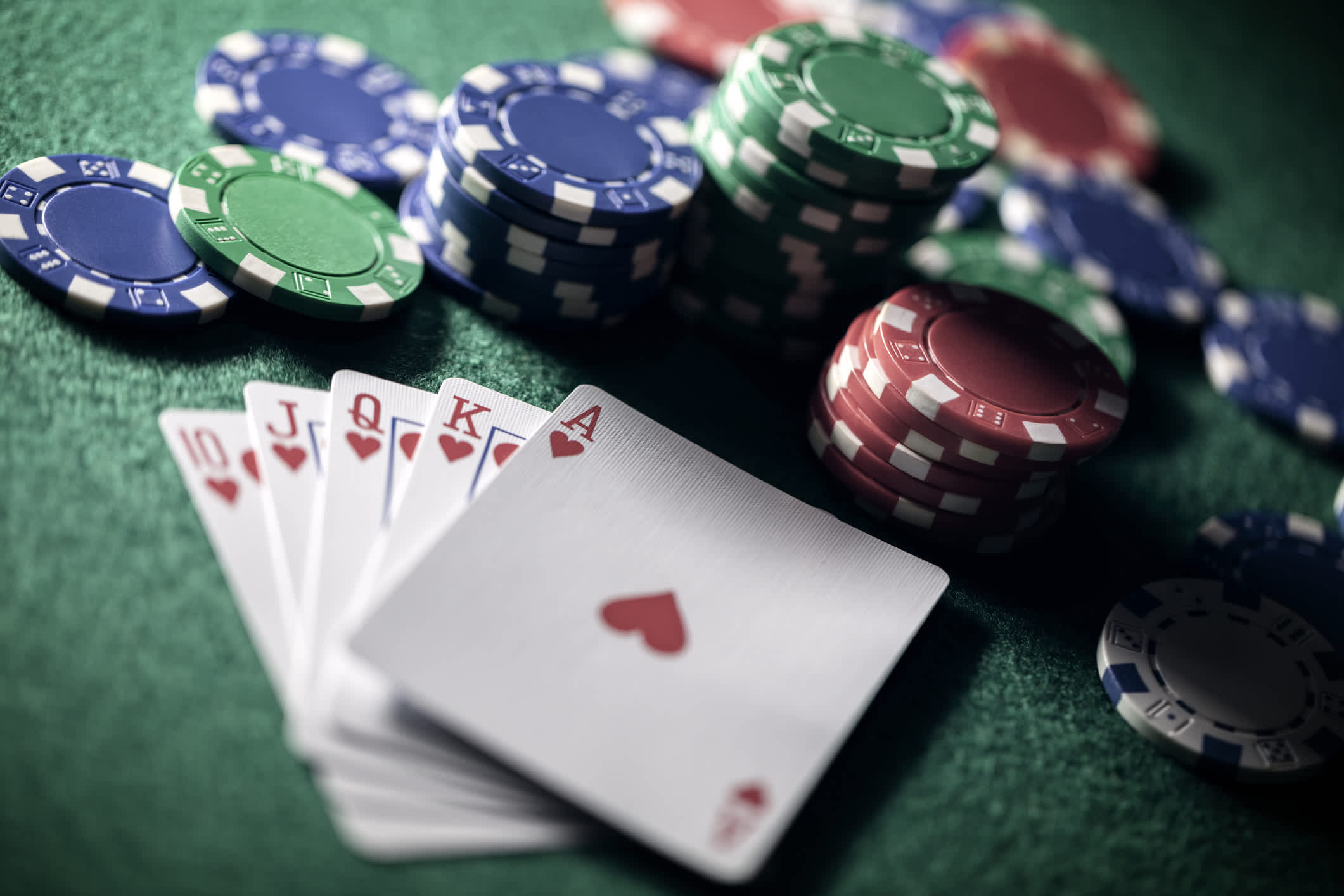
Poker is an exciting card game that can be played in a variety of ways. Whether it’s at a casino, in an online game, or at home with friends, the game offers players the opportunity to develop their analytical and critical thinking skills. This type of mental exercise is good for the brain because it helps build and strengthen neural pathways and increases the production of myelin, a protein that protects these pathways. The more myelin your brain produces, the more efficiently it functions.
When playing poker, you must learn to be patient and play your best hand. If you don’t get the cards you need, it’s important to know when to fold and walk away. This is especially important if you are competing against experienced players. It’s also a good idea to avoid making emotional decisions during a poker game, as this can affect your strategy and ruin your chances of winning.
Learning how to read your opponents is another important skill that poker can teach you. There are many books on this topic and everyone from psychologists to law enforcement officials have spoken about the importance of reading facial expressions and body language. In poker, it’s important to be able to spot the tells that your opponent is giving off – such as being nervous or bluffing.
Before the cards are dealt, each player must place an amount of money into the pot – this is called the ante. These bets are forced and can come in the form of a blind bet, a raise, or bring-ins. Depending on the game rules, these bets can increase or decrease during each betting round.
After the flop, turn, and river have been dealt, each remaining player has one final chance to bet. If a player still has a poker hand that beats the dealer’s hand they will win the pot. If not, they will lose the pot to the player who has the highest poker hand.
Developing a strong poker strategy takes patience and a good understanding of the game’s rules. It is also necessary to have a clear vision of your own strengths and weaknesses in order to make the most of every situation. Lastly, a solid poker strategy requires the ability to bet appropriately and to analyze your opponent’s betting patterns. This skill can be very useful in other aspects of life, from business to personal relationships. Moreover, poker is a fun way to spend time with friends and family. The competitive nature of the game can also help you burn calories, and the adrenaline rush from winning a hand can improve your mood. In addition, it can help relieve stress and tension. With all the benefits, it is no wonder that poker is such a popular card game around the world.